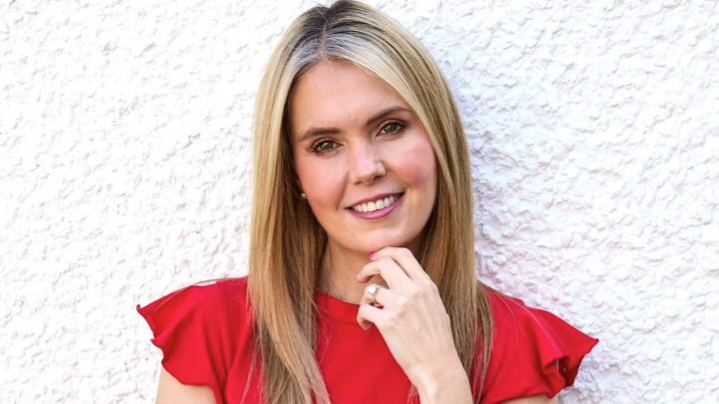'People with disabilities are just as talented'
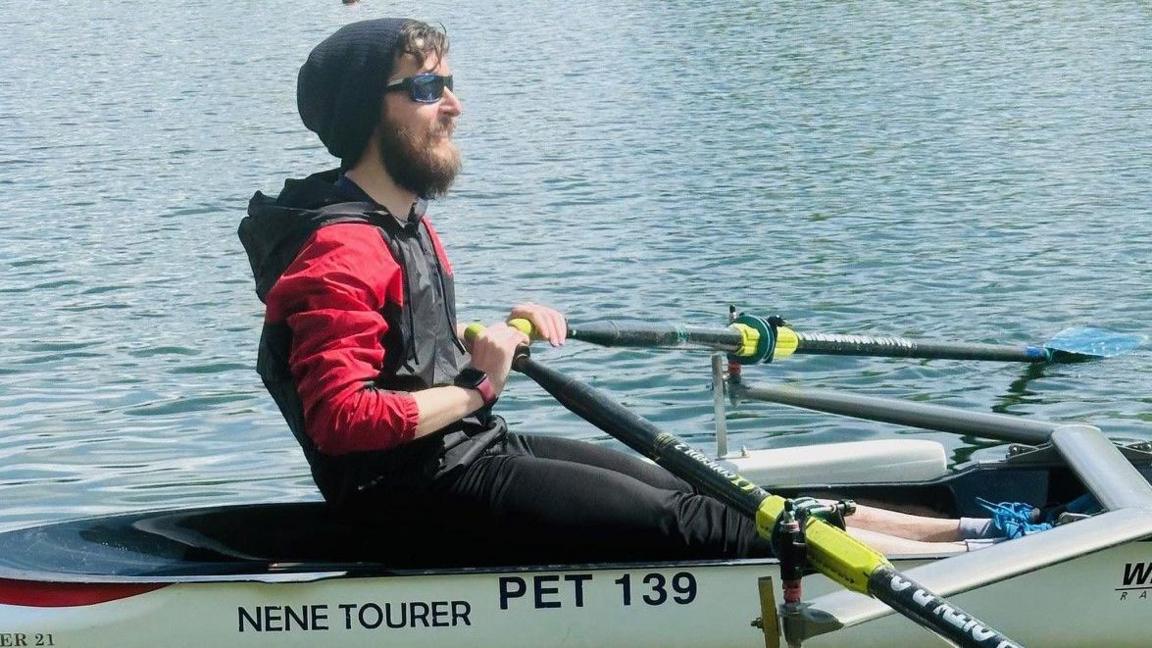
Alex Innes was diagnosed with retinitis pigmentosa at about 10 years old
- Published
A man who lost most of his sight eight years ago said companies needed to do more to employ and support people with disabilities, as they were "just as talented".
Alex Innes, 35, from Cambridge, said when he was left with 7% vision, he believed the only companies he could work for were sight loss charities.
"The support is out there, but employers need to be on the same page to ensure people... start work on an equal footing," he said.
A Department for Work and Pensions (DWP) spokesperson said it was "committed to delivering opportunities for all – including disabled people who want to work but have been denied the support they need".
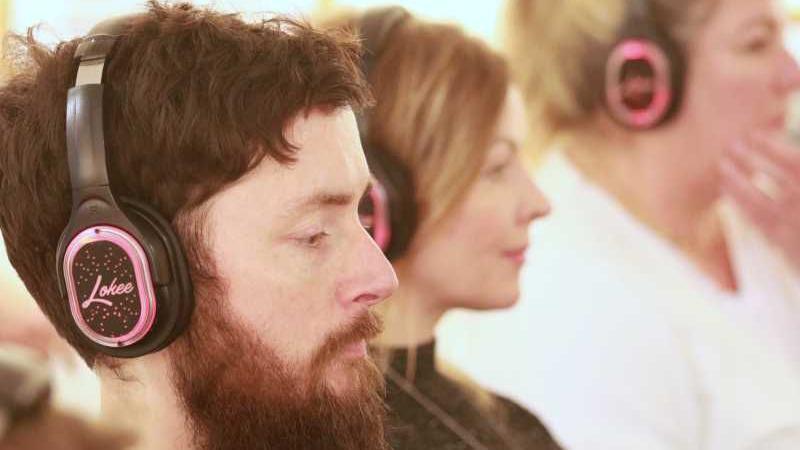
Mr Innes (left) said when he lost his sight he was "left trying to figure out how to restart my life"
Mr Innes was born with the inherited genetic disorder retinitis pigmentosa - the same disorder that has affected comedian Chris McCausland, who won Strictly Come Dancing.
In 2016, Mr Innes had 85% vision, but over a 12-week period lost most of his sight.
At the time he worked for the music events industry in London, but because "I didn't have any support after that sudden change" he returned home and felt "completely isolated".
He believed "no-one was going to employ me" so decided to work in the sight loss sector, "because if anyone's going to understand, it's going to be them".
His first role was in Essex as a community fundraiser, but during the Covid-19 pandemic went to work for Camsight as its volunteer activities co-ordinator, supporting people across Cambridgeshire and Peterborough.
"The job was my healing process," he said, and it gave him the confidence and understanding of his rights to move to another job in the charity sector.
He said all employers needed to understand the government's Access to Work scheme, external (ATW) - which offers grants to pay for practical support at work - and they should also liaise with charities to see what help is available.
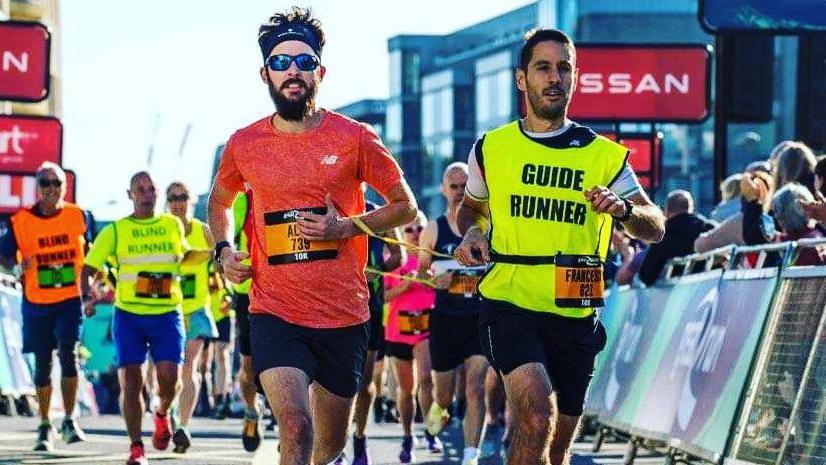
Mr Innes is due to run the London Marathon in March to raise funds for Camsight
Roisin Jacklin, policy officer at the Royal National Institute of Blind People (RNIB), said: "Many blind and partially sighted people want to work but face barriers from inaccessible recruitment processes, ill-informed employers and poor access to assistive technology.
"These barriers mean that people with sight loss are significantly less likely to be in paid employment than the general population, or other disabled people."
She said the ATW scheme was "incredibly valuable", but "over three years people with sight loss have faced unacceptable delays in accessing the support they need through the scheme".
Mr Innes said: "People with disabilities are just as talented as the next person, but we're losing out on talent.
"We need to remove the elephant in the room and whether we like it or not, everyone is a bit awkward about disability.
"Have patience, because that person can be ready as anything."
The DWP said it was "building on our Get Britain Working White Paper" and would bring forward proposals for reforming the health and disability benefits system in the spring.
"We've also brought in extra staff to process Access to Work claims while making online applications easier, so we can help more people get the support they need."
Get in touch
Do you have a story suggestion for Cambridgeshire?
Follow Cambridgeshire news on BBC Sounds, Facebook, external, Instagram, external and X, external.
You might also be interested in
- Published14 December 2024
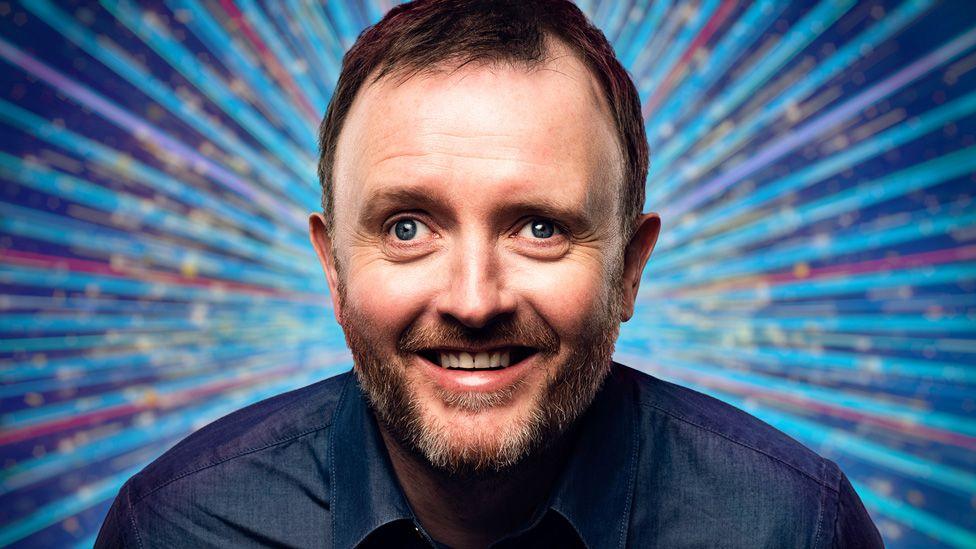
- Published12 December 2024
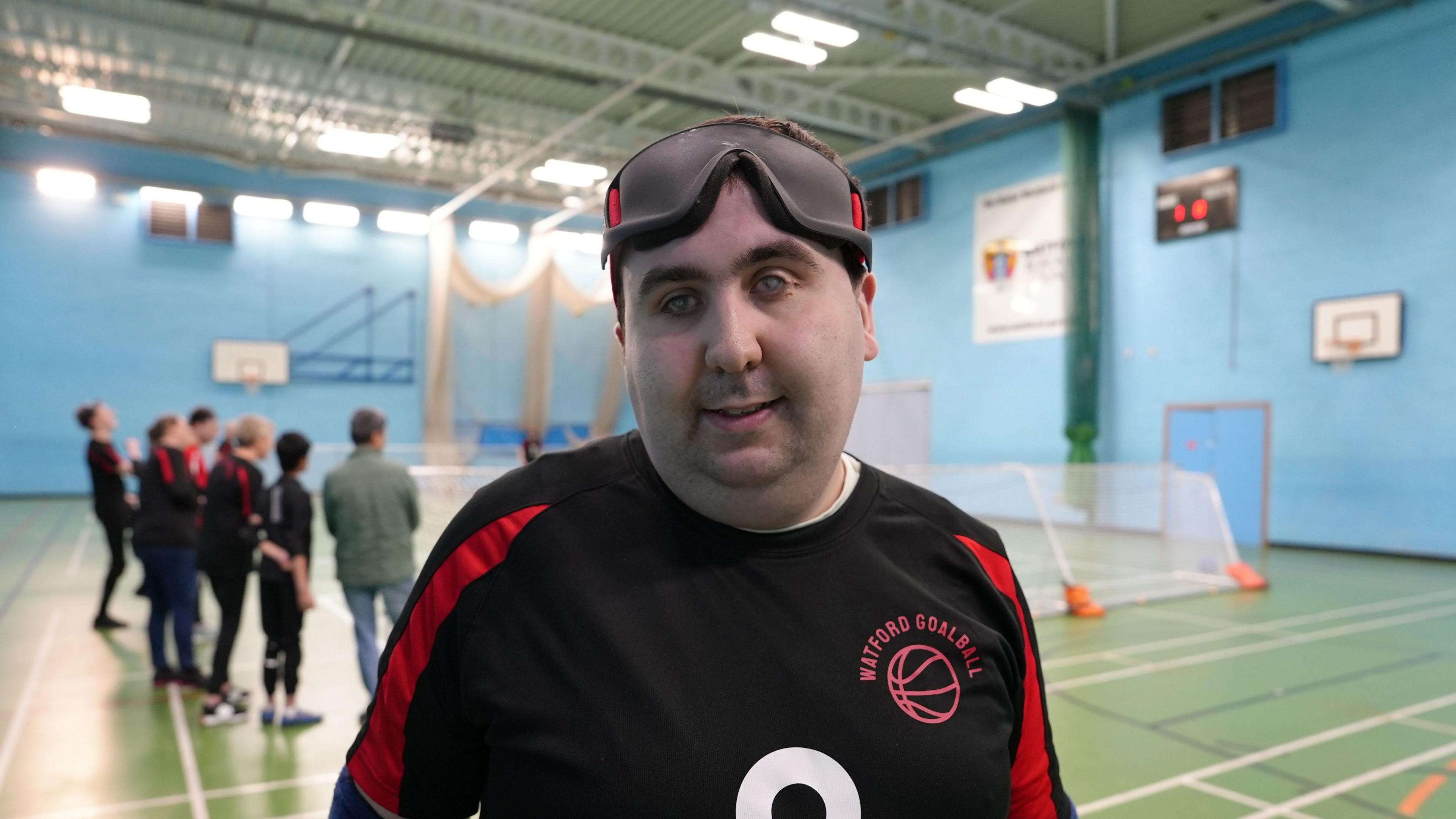
- Published3 December 2024
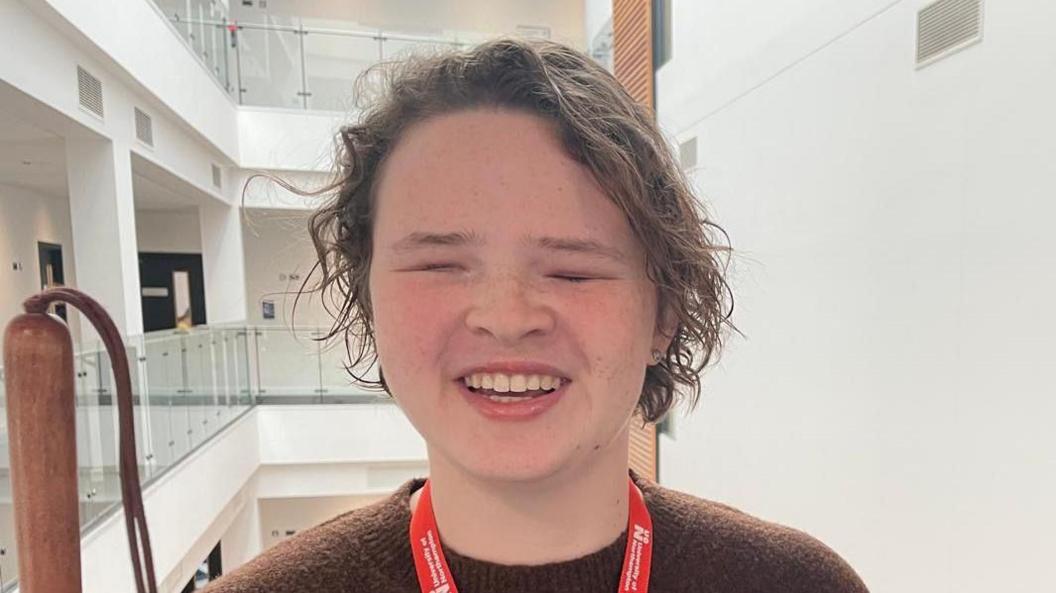
- Published10 November 2024
